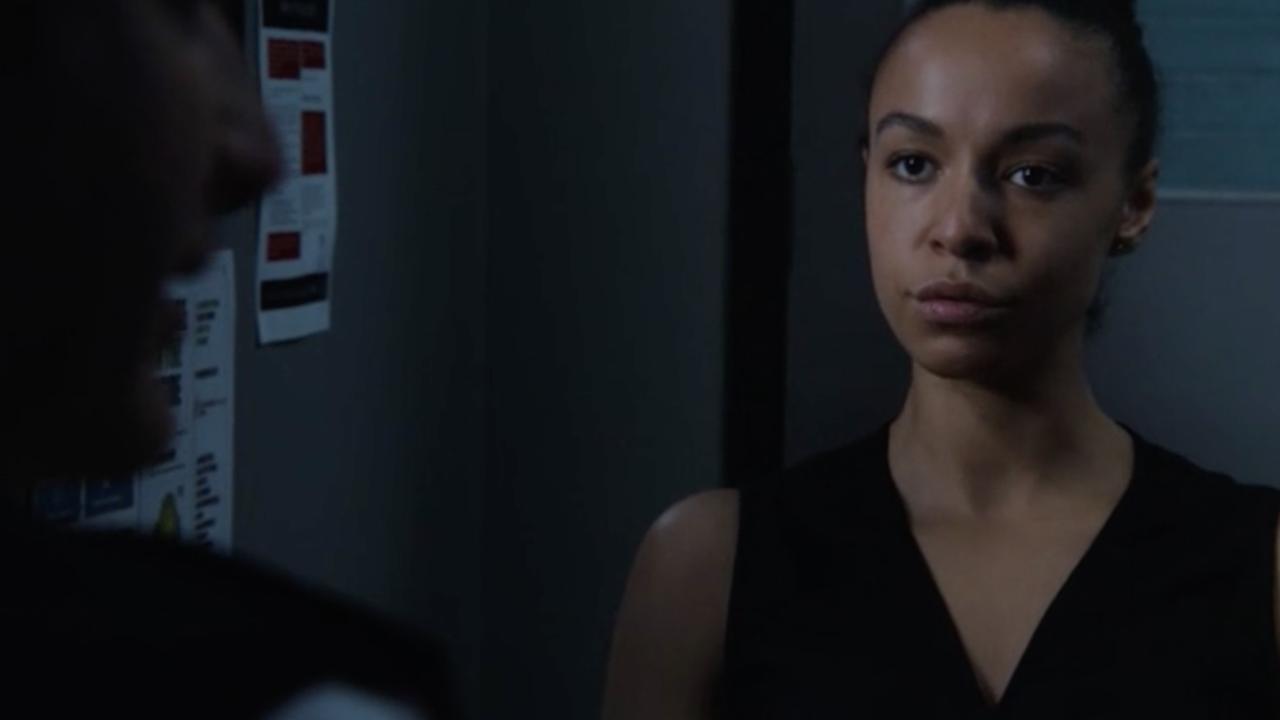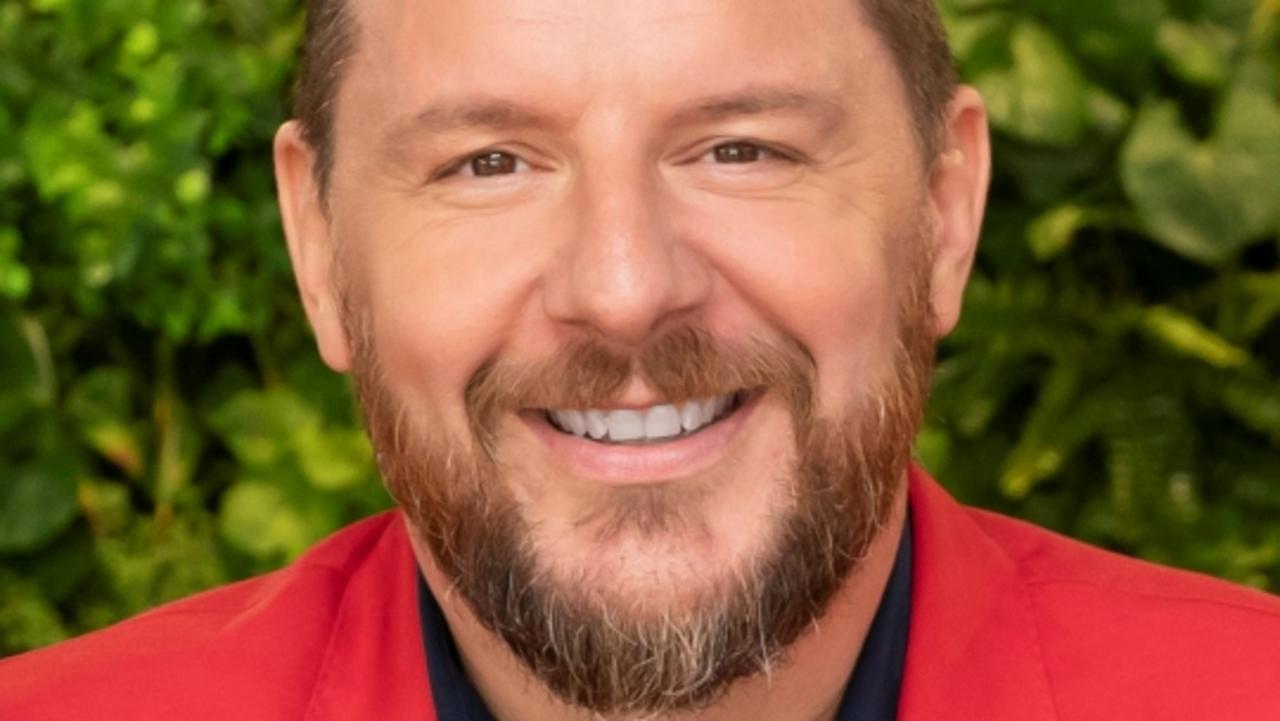How a Matildas win at the World Cup can turbocharge women’s sport and pay in Australia
The road to the FIFA World Cup has been bumpy for the trailblazing Matildas, but SBS pundits Tracey Holmes and Craig Foster think they can go all the way.
Entertainment
Don't miss out on the headlines from Entertainment. Followed categories will be added to My News.
Since returning to the biggest sporting stage in the world in 2006 after a 32-year absence, the World Cup conversation seems to be the same for the Socceroos every four years.
Can they make it out of the group stage? Will they give a good account of themselves? Will they play attractive, crowd-pleasing football?
But after years of answering all those questions in the affirmative and making their way surely up the world rankings — they currently sit at No. 6 — a very different conversation is being had around the Matildas ahead of the 2019 FIFA Women’s World Cup, which kicks off in France on Sunday morning.
Can they go all the way?
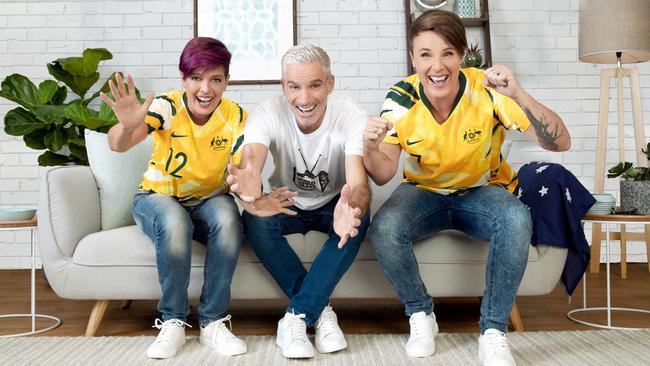
According to respected sports journalist Tracey Holmes who will spearhead the SBS commentary team with Socceroo turned pundit Craig Foster and former Matildas great Joey Peters, the answer is an emphatic yes.
“They can win it,” she says adamantly, despite a hiccup over the weekend when they lost to the Netherlands in their final warm-up game.
“I have already played this World Cup a number of times on paper. It’s difficult because it can be an either/or situation once you get into the round of 16 and there are any number of options, but the way I have done it, I see Australia playing Canada in the quarterfinals and winning.
“I see Australia playing Germany in the semi-finals, which will be tough, but keeping with my theme that everything is going to go their way, they will win that and then they will meet either England or the USA in the final.”
Foster is also optimistic, pointing out that the Matildas have long been trailblazers for Australian football, earning the country its first Asian Cup in 2010, five years before the men achieved the same feat.
And in striker and skipper Sam Kerr, the team has one of the best players in the world, a tag validated by last month when she placed third in the BBC Women’s Footballer of the Year.
“Our woman are very much at the forefront of the game in every aspect and that includes going into this World Cup in a genuine position of potential and authority that is going to take us quite some time to achieve in the male game,” Foster says.
“In that respect it’s incredibly exciting and that probably gives you an indication of why all of us football fans are just beside ourselves with this group because people have been rightly saying for years that our first World Cup winners will undoubtedly be our women.”
Although the Matildas boast a squad bursting with a mix of seasoned veterans such as Lisa De Vanna, Clare Polkinghorne and Lydia Williams (all in their fourth World Cup) and young guns such as in-form striker Caitlin Foord and 16-year-old debutant Mary Fowler, Foster believes that Kerr can give the team the X-factor required to take them deep into the tournament.
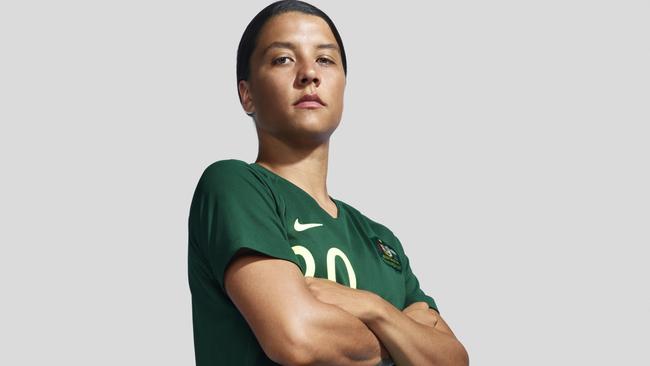
“We have a whole array of weapons now and that is critically important,” he says. “Perhaps in the past we were over-reliant on a couple of key players but actually we have tremendous depth here but Sam will know that against the really top teams, that’s her moment.
“She will be highly motivated to show the world that that’s when Ballon D’Or winners, the top players, really step up and make that difference when they are playing against world champions or in quarterfinals, semi-finals or finals.”
For all their talent and recent success, the Matildas’ Word Cup preparation hasn’t been seamless. Former coach Alen Stajcic was sacked in controversial circumstances in January and replaced by former Socceroos assistant coach Ante Milicic, who has also had stints in charge of the under-20 and under-23 teams. Holmes says “any drama can work both ways” but hopes a line has been drawn under the incident and the team can continue their fresh start in the World Cup.
“These sort of things have the potential to derail or galvanise and that comes down to the leadership and the coaching and the staff around the team and I think they have done very well to get them all back refocused and moving forward,” she says.
Foster believes that a successful Matildas tournament will also benefit women’s sport in Australia more broadly. While the prize money has increased for this year’s World Cup, the gulf between what men and women are paid in football and sport generally is still vast, and the Matildas have a chance to shine a light on the thorny issue in this country.
“Success from the Matildas, I have no doubt, would rightly provide immense leverage, because they are already loved,” says Foster. “But if they were to do something really special here it would provide an incredible opportunity for the Matildas to become the national leaders in furthering the cause of gender equality in sport and that would be an incredibly worthwhile benefit beyond any on field success.”
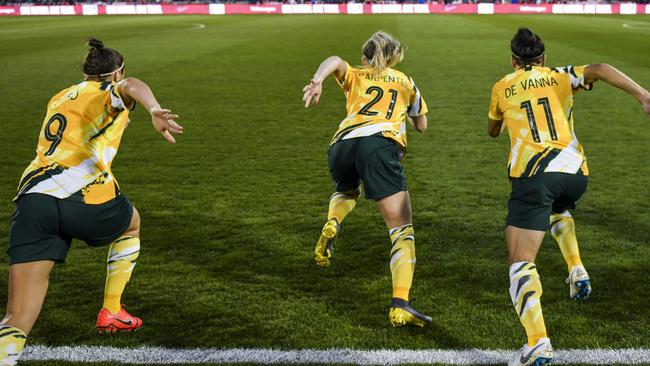
Holmes agrees, arguing that the success of Australian women in netball, basketball and cricket — and more recently the AFLW — have shown things are heading in the right direction, but not moving fast enough.
“I do offer applause where gains have been made but I am still sitting on the fence going, ‘when are we actually going to get there?’,” she says. “I have been talking about this for 20 years now and I thought we would be there already. There has been quite a rise if you are charting it on a graph, there has been quite an upswing in perhaps the last decade or so but there is still a long way to go.”
SBS will screen all the Matildas matches as well as Sunday’s opener, all quarterfinals, semis and the final, as well as broadcasting all matches in multiple languages via their radio app. Holmes says she is relishing the explosion in technology not just for how the sport is now covered, but how fans all around the world are connected.
“It opens it up to a global audience,” she says. “People can be tuning in from everywhere and be sending messages to people around the world — it’s fabulous and has made the globe a pretty small place but has also made it really exciting to be able to access different people, different thoughts and get right inside the team while they are there. It’s going to be great.”
For Foster, the core message remains the same, no matter how it’s broadcast and he and the SBS team will be at pains to avoid any of the recent name pronunciation drama that recently engulfed the AFL.
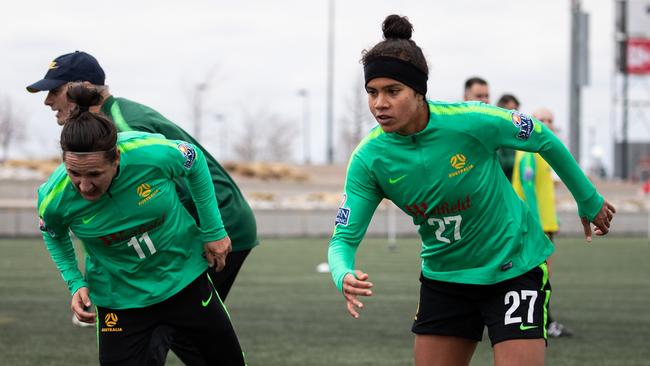
“That’s one of the historic principals of SBS football coverage — our values never change,” he says. “We respect the players; we respect the game. We do our homework to the greatest degree we can. We try to make sure we are as informed as possible. We pay appropriate respect to every culture and every pronunciation.
READ MORE:
MARY FOWLER NAMED FOR MATILDAS
OUTSIDER FOSTER PUTS FFA TO SHAME
FFA MAKE STUNNING APOLOGY TO STAJCIC
“We try to broadcast women’s football in a manner that gives them the respect that they absolutely deserve and we use World Cups as a social marketing tool to show Australia the beauties of the world game. And why it continues to grow and why we should continue to invest in its success.”
WATCH: FIFA Women’s World Cup, from 4am Sunday, SBS.

